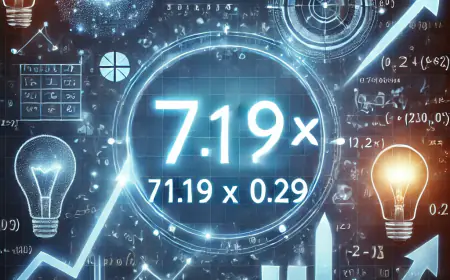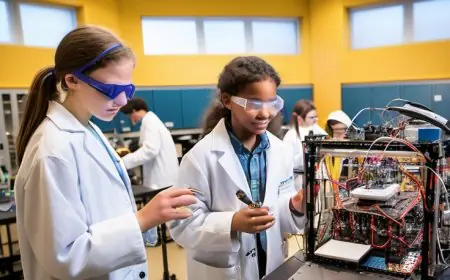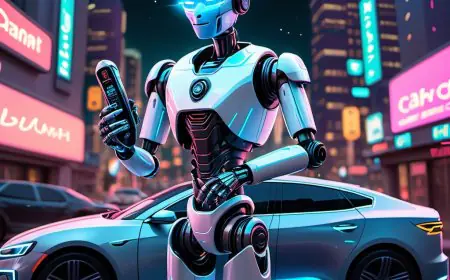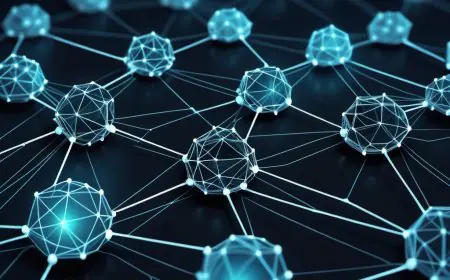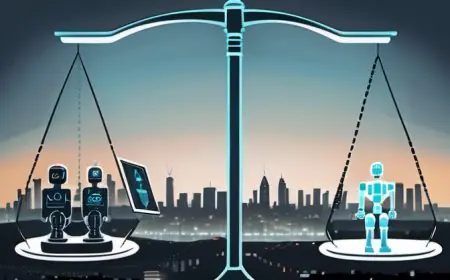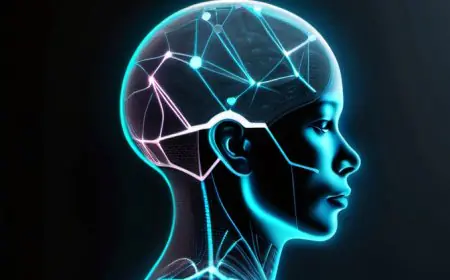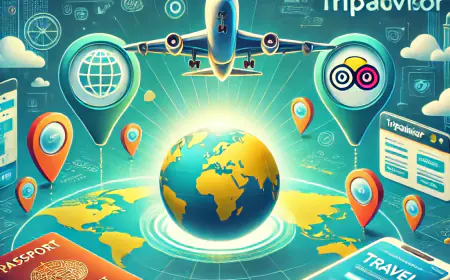Is Artificial Intelligence Good for Society? An Argumentative Essay on Its Impact
Explore both sides of the debate: Is artificial intelligence good for society? This argumentative essay examines AI’s ethical, economic, and social implications in the United States.

ntroduction :
The question “Is artificial intelligence good for society?” has sparked heated debates as AI reshapes industries, economies, and daily life. Proponents hail its potential to solve global challenges, while critics warn of job displacement, bias, and privacy risks. In this argumentative essay, we dissect AI’s societal impact in the United States, weighing its benefits—like medical breakthroughs and climate solutions—against ethical concerns such as algorithmic discrimination and workforce disruption. By analyzing real-world examples and expert insights, we aim to answer whether AI’s advancements truly serve humanity or threaten its foundational values.
The Case for AI: Transformative Benefits
Advocates argue that artificial intelligence is a force for good, driving progress in key areas:
-
Healthcare: AI-powered diagnostics detect cancers earlier, improving survival rates. For example, MIT’s deep learning models reduced breast cancer misdiagnoses by 25%.
-
Climate Action: Machine learning optimizes renewable energy grids, cutting carbon emissions.
-
Economic Growth: Automation boosts productivity, with McKinsey estimating AI could add $13 trillion to the global economy by 2030.
These innovations underscore AI’s potential to address pressing societal challenges.
The Ethical Dilemmas: Risks of Unchecked AI
Critics counter that AI technology introduces profound risks:
-
Job Displacement: Self-checkout systems and autonomous vehicles threaten 20% of U.S. jobs, per Brookings Institution AI’s economic implications.
-
Bias in Algorithms: Facial recognition systems misidentify people of color 35% more often, raising civil rights concerns.
-
Privacy Erosion: Data-hungry AI models exploit personal information, exemplified by controversies around social media surveillance.
These issues demand urgent regulatory frameworks to prevent harm.
Balancing Innovation and Responsibility
To answer “Is AI good for society?”, stakeholders must prioritize ethical guardrails:
-
Transparency: Require companies like OpenAI to disclose training data sources.
-
Equity: Fund programs to reskill workers displaced by automation.
-
Accountability: Enforce stricter penalties for biased algorithms.
For instance, the EU’s AI Act sets a precedent by banning high-risk applications like emotion recognition in workplaces.
Dig deeper into Artificial Intelligence Death Calculator: Can AI Predict Your Lifespan?
AI in Education: Opportunity vs. Dependency
While AI tools personalize learning for U.S. students, overreliance risks critical thinking erosion. Platforms like ChatGPT help draft essays but may hinder original thought. Schools now grapple with fostering AI literacy without sacrificing creativity.
Conclusion: A Tool, Not a Destiny
The debate over “Is artificial intelligence good for society?” lacks a simple answer. AI’s value depends on how humanity wields it—whether to empower marginalized communities or deepen inequalities. By fostering innovation while embedding ethics into design, the U.S. can harness AI as a catalyst for equitable progress. The future isn’t about AI itself, but the choices we make today.
What's Your Reaction?
















